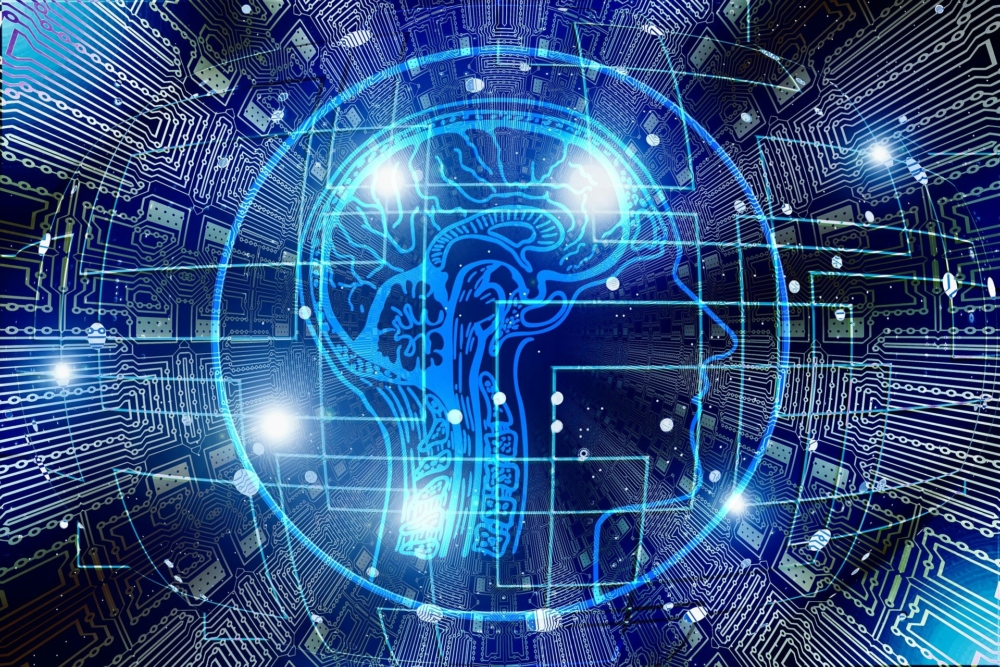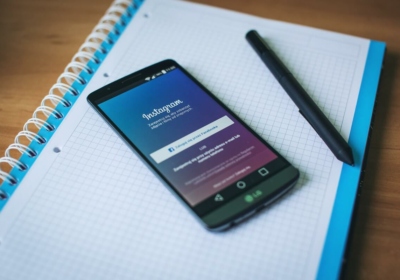The Internet of Things of IoT is one of the most promising tech trends to have surfaced in the past couple of years. Simply, it refers to the reality that the Internet is the wide-scale network that dominates computers, devices of every size and shape, right from kitchen appliances to high-scale industrial machinery. Everything is connected, and everyone is now sharing information on a global level digitally.
It’s a big thing for you to get ready for this year
If you look at every aspect of your life, the coronavirus Pandemic has affected the way IoT trends are developing today. Its impact on the lives of people has also changed. Today, human contact with one another is limited, and the contact between tools and devices will help people stay connected.
How will IoT change society in 2021?
The role of IoT today is prominent, and given below are the major ways via which it will influence the lives of people and communities-
-
Investment of IoT in healthcare will surge drastically
Healthcare will be delivered differently in 2021. Telemedicine, automated help at home to the disabled and the elderly, smart wearable technology, sensors, and all connected devices will witness a radical change in healthcare. The change will be deployed to reduce unnecessary contact in places where the risks of viral contamination are high, like hospitals, wards for infectious diseases, and elderly care homes.
In the wake of the acceleration of the current Pandemic, the adoption of healthcare transformation driven by technology shows that the original estimates for online appointments or virtual visits to healthcare professionals in the USA were about 36 million.
Today, in 2021, this number has risen close to one billion, and it is expected to grow throughout the year thanks to patient awareness and the medical infrastructure being in place.
At the same time, there is a potent growth in the market for healthcare devices that permit the elderly to remain independent and safe within their own homes for a longer time. This includes adopting artificial intelligence to be integrated into these tools to alert healthcare providers and relatives about falls, accidents, or any sudden change in the routine where intervention becomes necessary.
IoT will also adapt to the present challenges posed by the COVID-19 Pandemic, where this same technology is used for determining whether there is a rapid deterioration in the health of individuals who might be isolating or shielding at home on their own. This virus can often place anyone in a medical state where they are unable to seek help by themselves in just a matter of some hours.
-
IoT also means more productive work from home
Experts from a reliable company in database administration, consulting, and management, RemoteDBA, state that the Pandemic has induced people to work from home. Today, this is the new normal due to the safety concerns over a group of people gathering in one place.
Today, we have personal assistants like Alexa installed in several homes. People can expect more similar applications to be designed this year to help them manage the day while working remotely from home. This means there will be more automated and intelligent tools with calendars along with better quality interactive facilities for video conferencing and technologies for virtual meetings.
For example, you can take Microsoft’s Virtual Stage platform. It deploys Azure Kinect sensors for enabling immersive presentations that are empowered with Artificial Intelligence that will keep everyone engaged better.
There are still some companies that need a physical presence, like in the case of manufacturing, logistics, and industrial operations. With the aid of IoT, these companies can get the peace of mind they deserve knowing that their assets can be monitored effectively. Automated machinery will function normally, and human engineers or personnel for the machinery are alerted when their attention and intervention are needed.
-
IoT in retail means safer and efficient supermarkets/stores
The coronavirus Pandemic has immensely impacted the retail sector with physical stores. However, last year, it was witnessed that non-essential stores and supermarkets can still function with the help of online retail.
However, stores supplying medicines and food were open to serve the basic needs of the people living in the community. In 2021 and the years ahead, expect to witness a rise in Amazon’s supermarkets that will be fully automated. This will reduce the requirement for human interaction when you stock your home with essentials and food.
Automation with the help of IoT-enabled tools and devices will increase in fulfillment centers massively when it comes to the dispatching of inventory to stores. In addition, there will be contact-free methods for payment that will be prevalent increasingly as the society progresses towards the cashless form of society that is predicted to arrive soon, however, bringing its share of challenges that needs to be addressed.
Additional developments in the retail sectors across the world will also bring in the use of RFID tags for customers when they move inside and around the stores. Like before, these tags will be deployed for decision-making when it comes to the placement of stock and its replenishment in stores. In addition, it will help the store authorities understand how customers interact with the products and display in the store and help them maintain social distancing and protect them against the threats of overcrowding in specific areas of the stores, shopping malls, and supermarkets during “busy” hours.
Last but not least, IoT will also bring in the “smart city concept” that is growing in popularity today as it will be used for monitoring traffic on the road, the use of public transport, footfall around areas where a lot of pedestrians gather as well as the use of civic amenities like refuse collection and recycling centers. Thus, it is likely to bring massive global change.
Smart meters will also record energy usage at homes and businesses so that the supply can be aligned accordingly to meet peaks and prevent wastage where it can be avoided.







Recent Comments